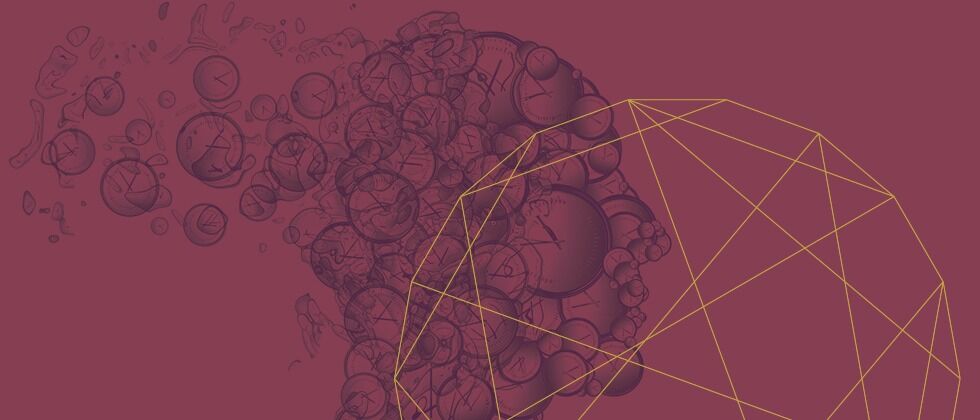3-Minute Thesis – Universidade de Lisboa

3-Minute Thesis – Universidade de Lisboa
The 3-Minute Thesis competition offers PhD students of Universidade de Lisboa the opportunity to develop new communication skills.
Considering that the new knowledge produced in universities is essential for solving major societal challenges, and since the dialogue between science and society is especially important in this training process, the University of Lisbon organizes the competition 3-Minute Thesis (3MT) at Universidade de Lisboa, which aims to stimulate the science communication skills of doctoral students. Students are challenged to explain the importance and impact of their research to a non-specialized audience, while promoting scientific culture and fostering interdisciplinarity and mutual knowledge at the University of Lisbon.
The academic competition 3MT at Universidade de Lisboa aims to develop unique skills of PhD students, such as communicating complex ideas in a simple and creative way, to diverse audiences, in just 3 minutes and using a single slide. The competition is inspired by a format developed and patented by the University of Queensland, Australia (3MT®).
Why participate?
-
Developing skills: stimulates communication skills and develops the ability to expose your research, in a clear and effective way and in an appropriate language for a non-specialized audience. All candidates will have access to training in the area of Science Communication.
-
Promoting scientific culture and interdisciplinarity: represents an opportunity for participants to meet, get to know each other and talk about their research.
-
Establishing external relations: constitutes an opportunity for recognition, in the academic environment and in the outside, as well as for representing Universidade de Lisboa;
-
Training in science communication: represents an additional incentive to develop training in science communication, as well as fostering the dialogue between science and society.
Who is elegible?
All PhD students enrolled in the 3rd or following years of a 3rd cycle of studies at Universidade de Lisboa are eligible for this competition.
How is it processed?
The competition is organized in two phases:
- Phase 1 (selection): applicants submit a 3-minute video accompanied by a single slide. The jury will select the finalists, based on criteria of understanding and clarity of scientific content, public engagement and communication. Candidates participate in training in Science Communication.
- Phase 2 (final): the 12 finalists participate in the final competition, with an oral presentation before the jury and the public, in which the winner is selected, as well as the second and third places.
What are the prizes?
The first place receives a prize of €5,000.00, the second place €2,000.00 and the third place €1,000.00. Applicants in Phase 1 will participate in a Science Communication training course and a receive a certificate of participation. Phase 2 finalists and winners will also be awarded merit recognition diplomas.
For questions related to the competition, please contact: 3MT@reitoria.ulisboa.pt

Submit the application for Phase 1 of the competition using the form (available soon), from 1 March to 8 April 2024. To be considered valid, the application must include:
- Completed form;
- 3-minute video in Portuguese;
- Slide;
- Consent for the collection and processing of personal data, image and video.
The jury will follow these criteria:
Scientific content
- Communication provides a clear context for the research question;
- Communication clearly conveys the research strategy and the results obtained;
- Communication clearly conveys the conclusions and impact of the investigation;
- The candidate knew how to manage time in his communication.
Communication
- Communication is presented clearly, using language suitable for a non-specialized audience;
- Communication is balanced from the point of view of body language, eye contact, use of available space, voice projection;
- Communication raises the public's curiosity;
- The slide is clear and represents an added value for communication;
- The candidate has conveyed enthusiasm for the investigation and captures the public's attention.
- Applications – 1 March - 8 April 2024
- Science Communication Course (for competition applicants) – 15 and 16 April 2024
- Video submission – 17 to 23 April 2024
- Selection of finalists – until 8 May 2024
- Final competition – end of May 2024
- Award ceremony – end of June 2024
